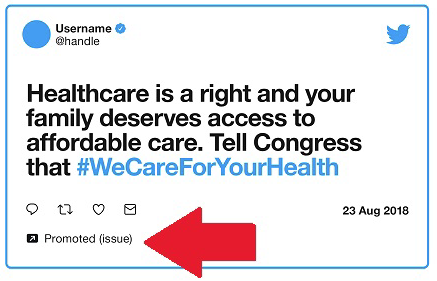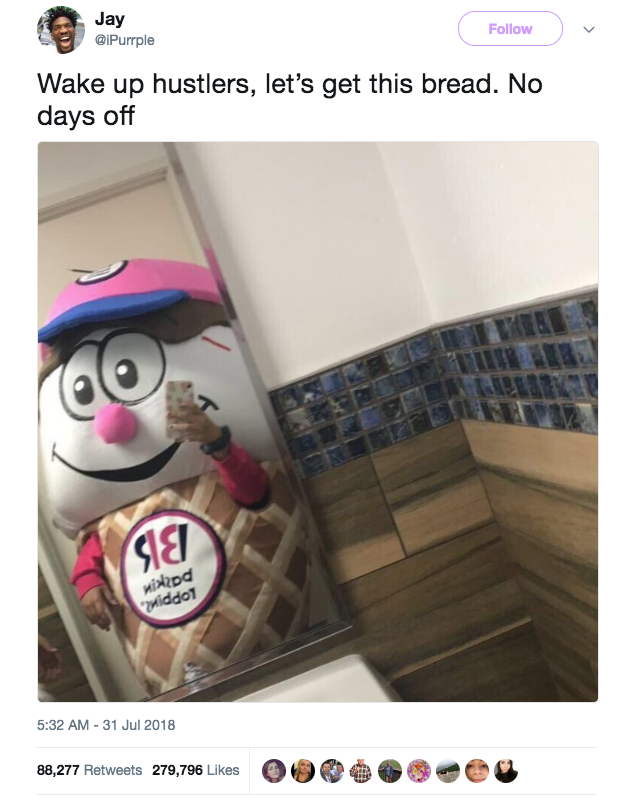How Pantene can help fix your #BadHairDay and more in this week’s Marketing in the Digital Age.
Having #ABadHairDay? Pantene Can Help
Summary: Pantene's "14-Day Challenge" invites Instagram and Twitter users to post pictures with the #BadHairDay hashtag to receive a personalized consultation from a Pantene Hair Advisor. The haircare brand has enlisted an "army" of social responders in a new #GreatHairDay Studio to engage with each #BadHairDay post. They encourage people to post videos on social media with to be used as ads from “real people” using the product. The brand saw 17x more photos with #BadHairDay than with #GreatHairDay.
Opinion: I am sure the stylists are in need of well-deserved time off after answering that many posts/tweets! The engagement is interesting in that people wanted to share more of the “embarrassing” photos to get advice. Makes sense since there isn’t much interaction needed on a great hair day.
Summary: Snap will be releasing a dozen new shows catered for their format. It will be leveraging storytelling through an AR focus to make the viewing more interactive. The video will be filmed in a 360-degree format so that the viewer can walk through the scene as if you’re inside of it.
Opinion: Still struggling after the controversial redesign, it begs the question: why doesn’t Snapchat go back to its old format? These videos could be a good addition but still don’t address the fundamental, mass attrition issue.
Facebook Interactions Influence Instagram Feed
Summary: If you like or comment friend’s posts on Facebook, you will be more likely to see this friend’s content on your Instagram feed. Because your Instagram feed is no longer ranked chronologically, a majority of content from friends and family were being missed. Facebook uses machine learning to prioritize what content may be most relevant for you.
Opinion: They are the same company. It’s not rocket science to put one-and-one together to see that they would cross-use data. Especially with the amount of data breaches Facebook has seen, we know they use a lot of data to market.













